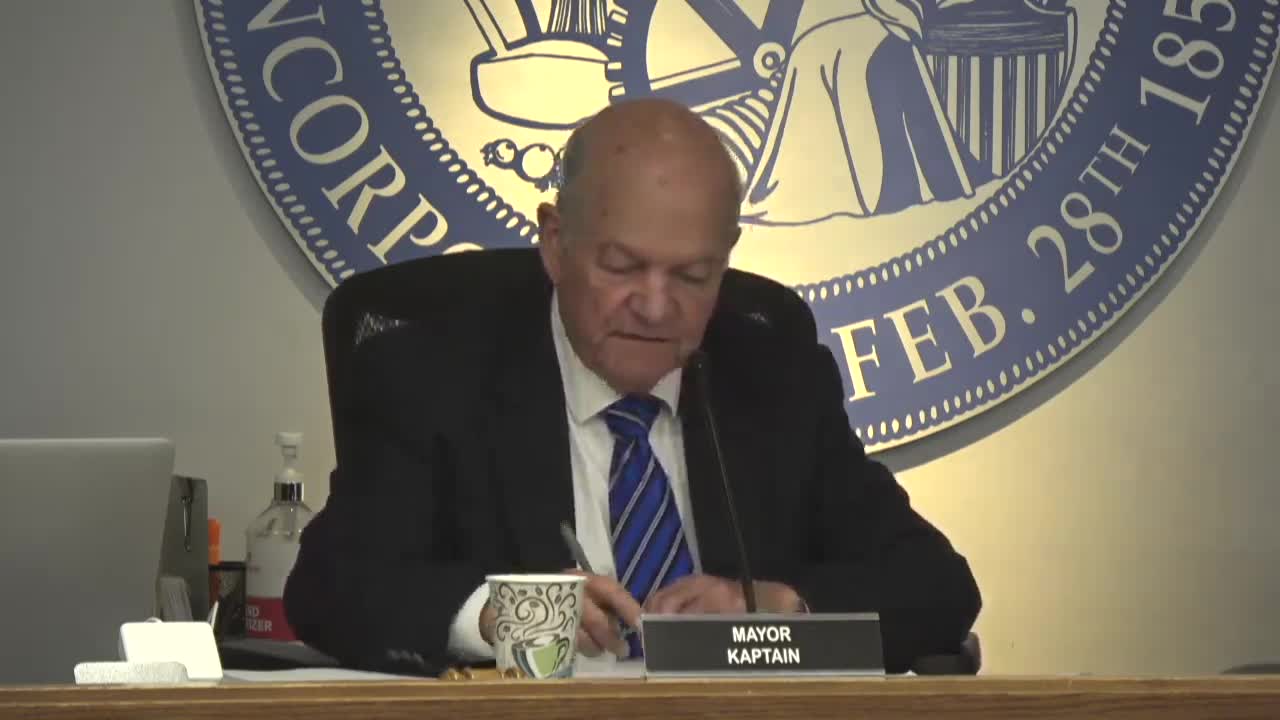Article not found
This article is no longer available. But don't worry—we've gathered other articles that discuss the same topic.
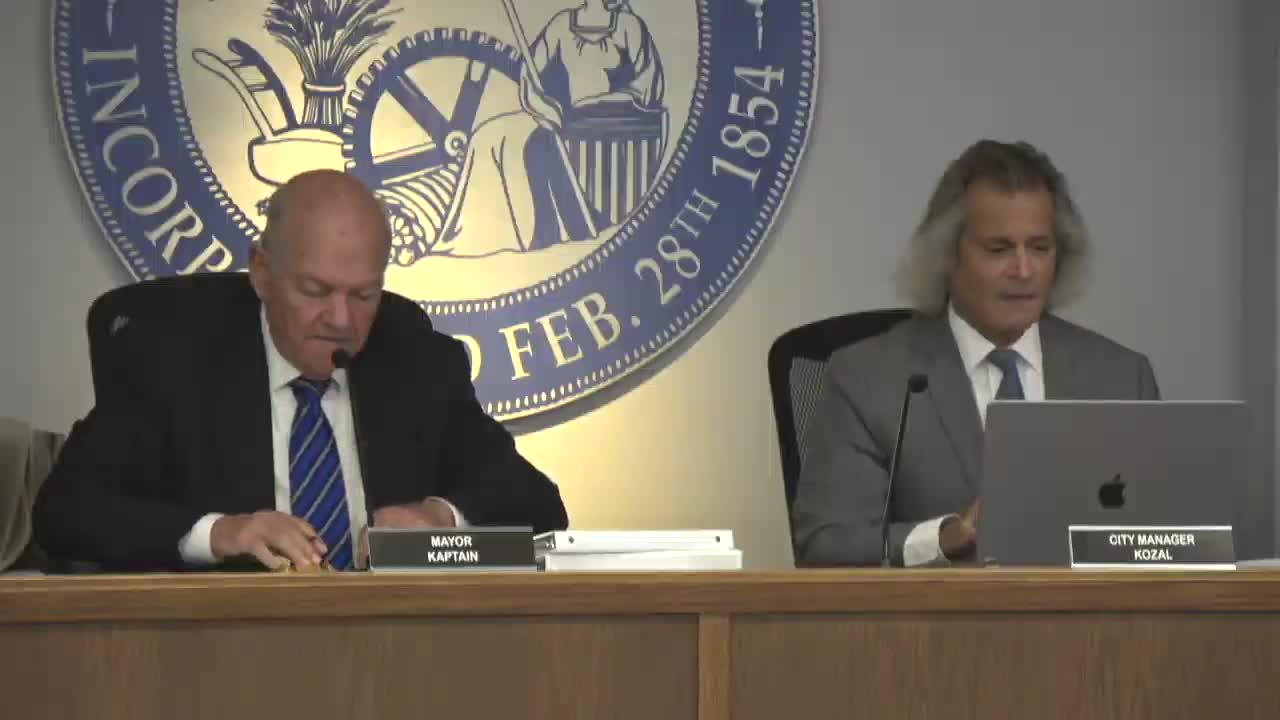
Council approves hospitality management deal for new Wing Park Clubhouse with Plank Road Taproom
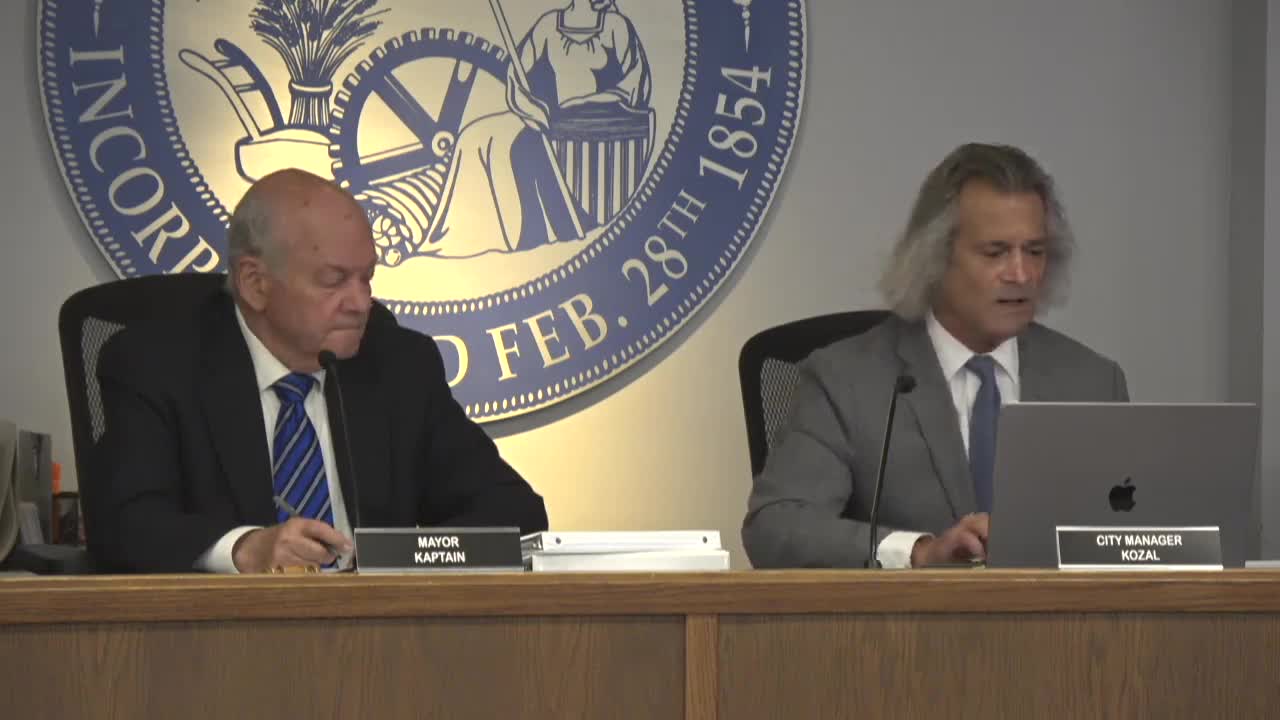
Elgin approves one-year mobile-app redesign contract with 7 Hills Technology; new news feed and Spanish support planned
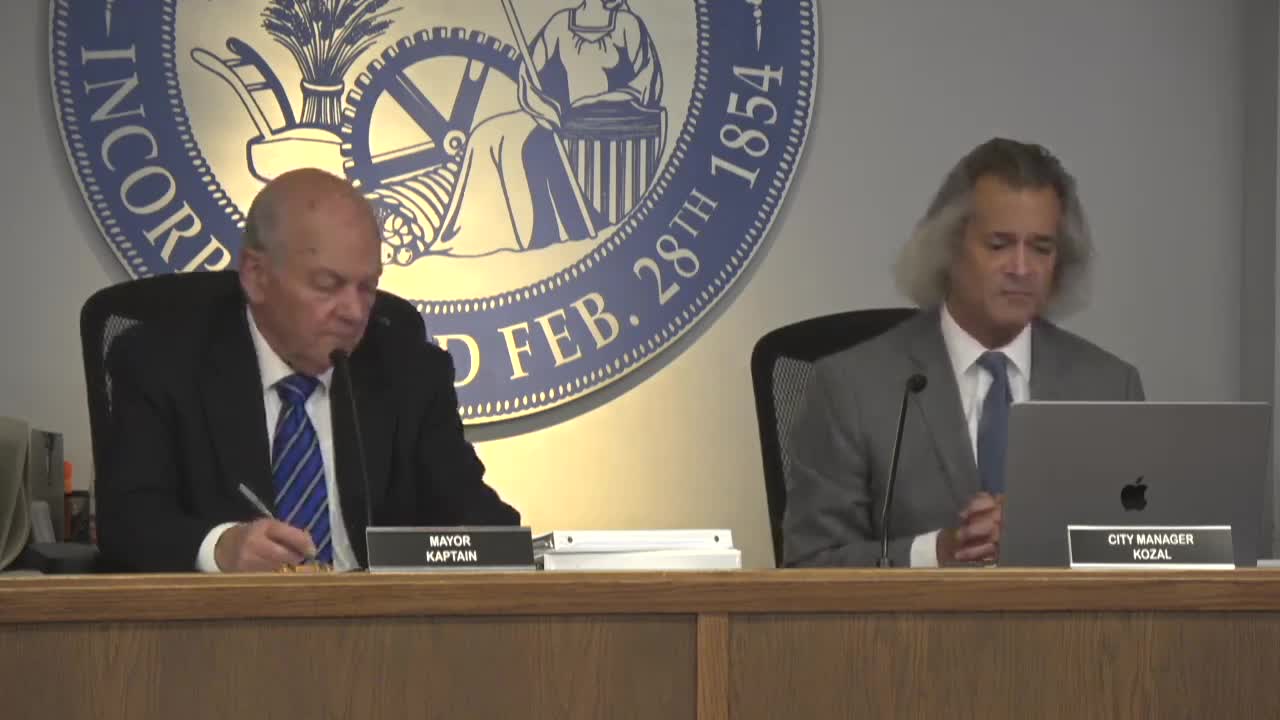
Elgin hires ESCI to update fire-station location and western public services planning study
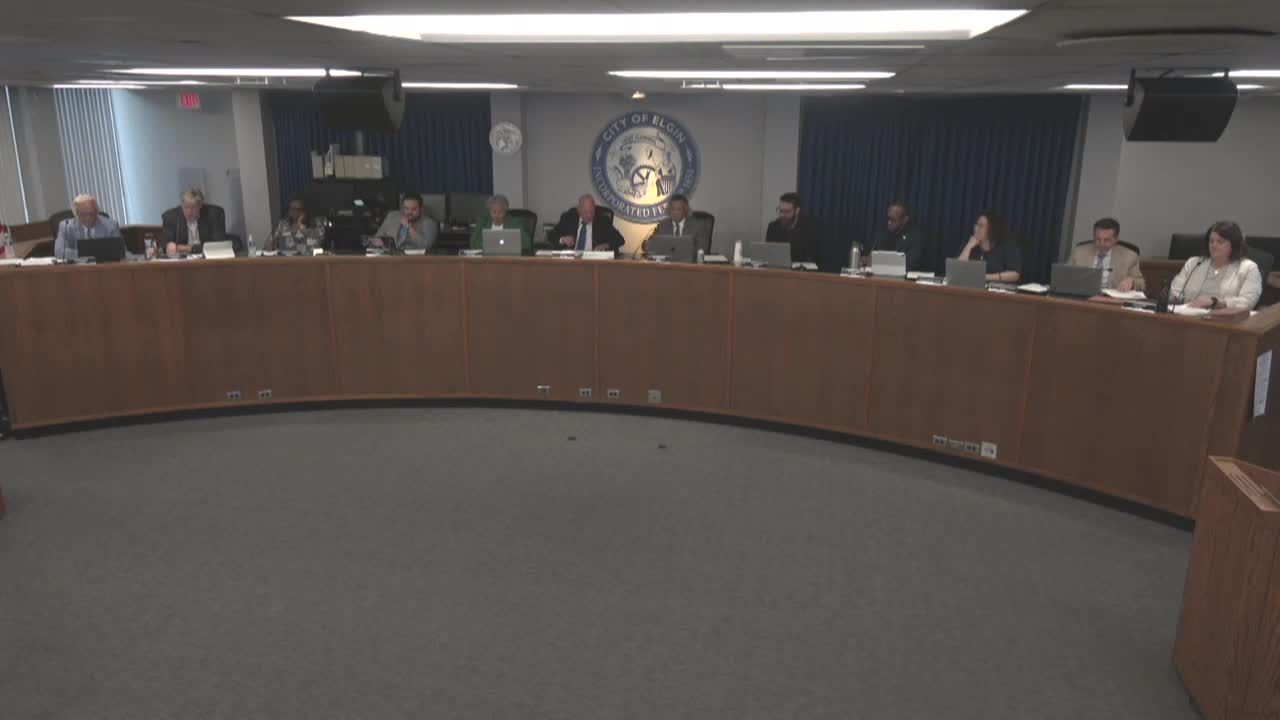
Elgin council raises homeowner rehab grants, ties future increases to CPI
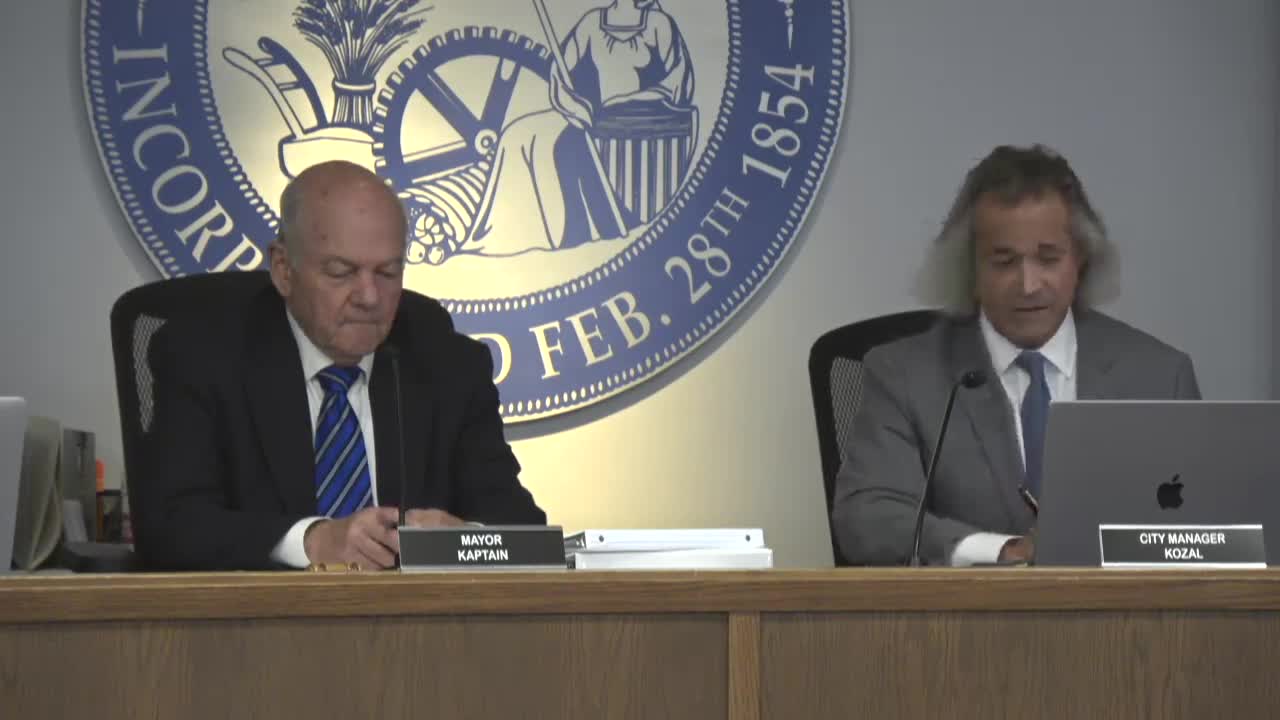
Elgin approves seasonal winter shelter contract with 1 Collective at First United Methodist; emergency terms amended
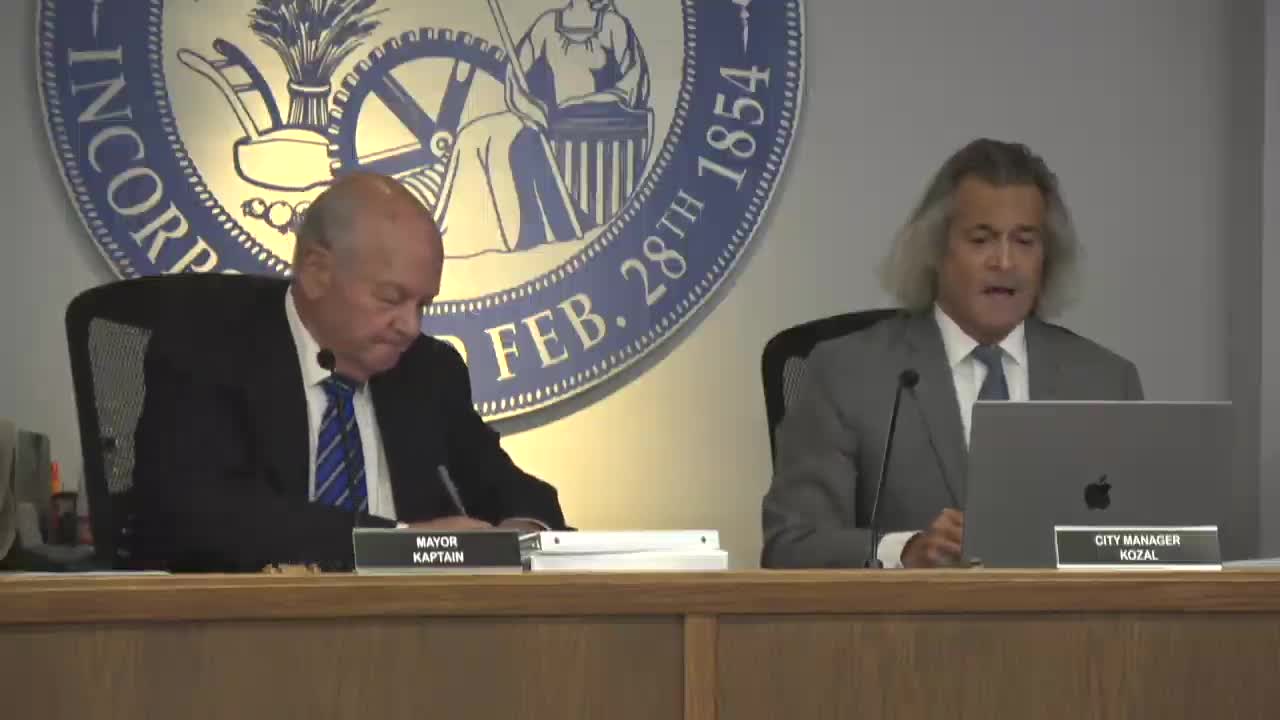
Elgin council urges federal, state ban on law-enforcement face concealment; adds public statement
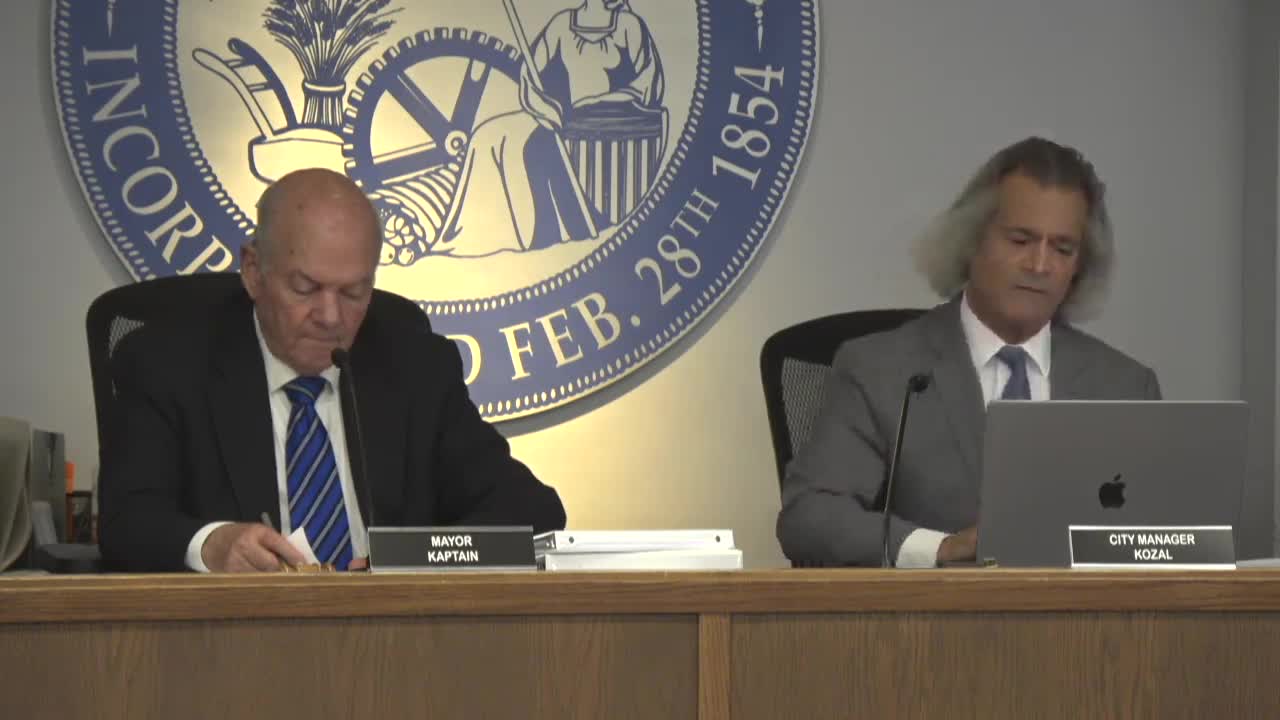
Council adopts ordinance barring potable groundwater wells near former Bezos Cleaners site to satisfy IEPA remediation requirement
